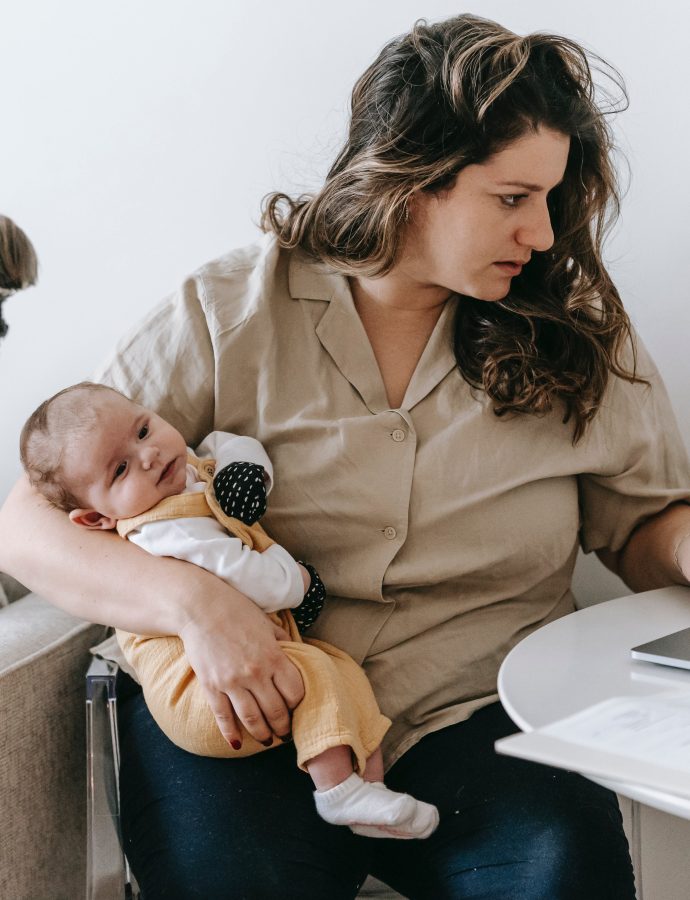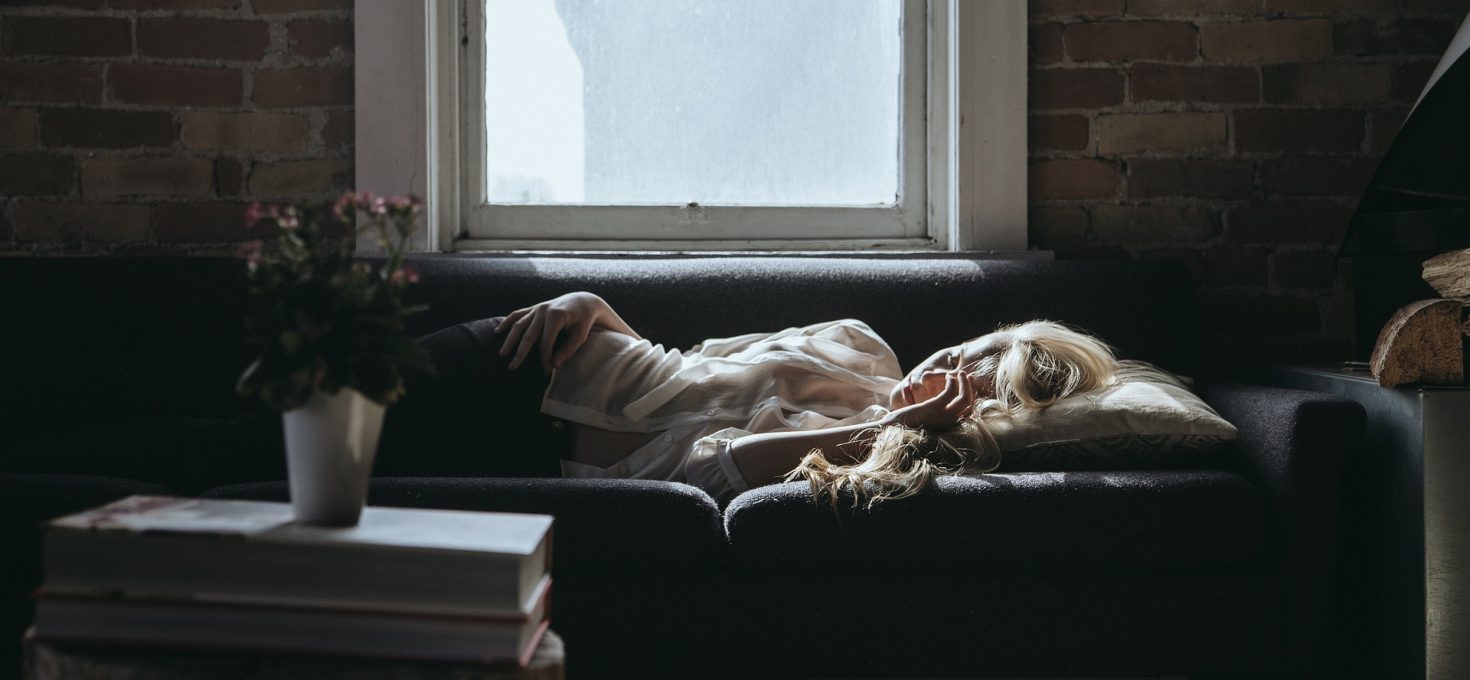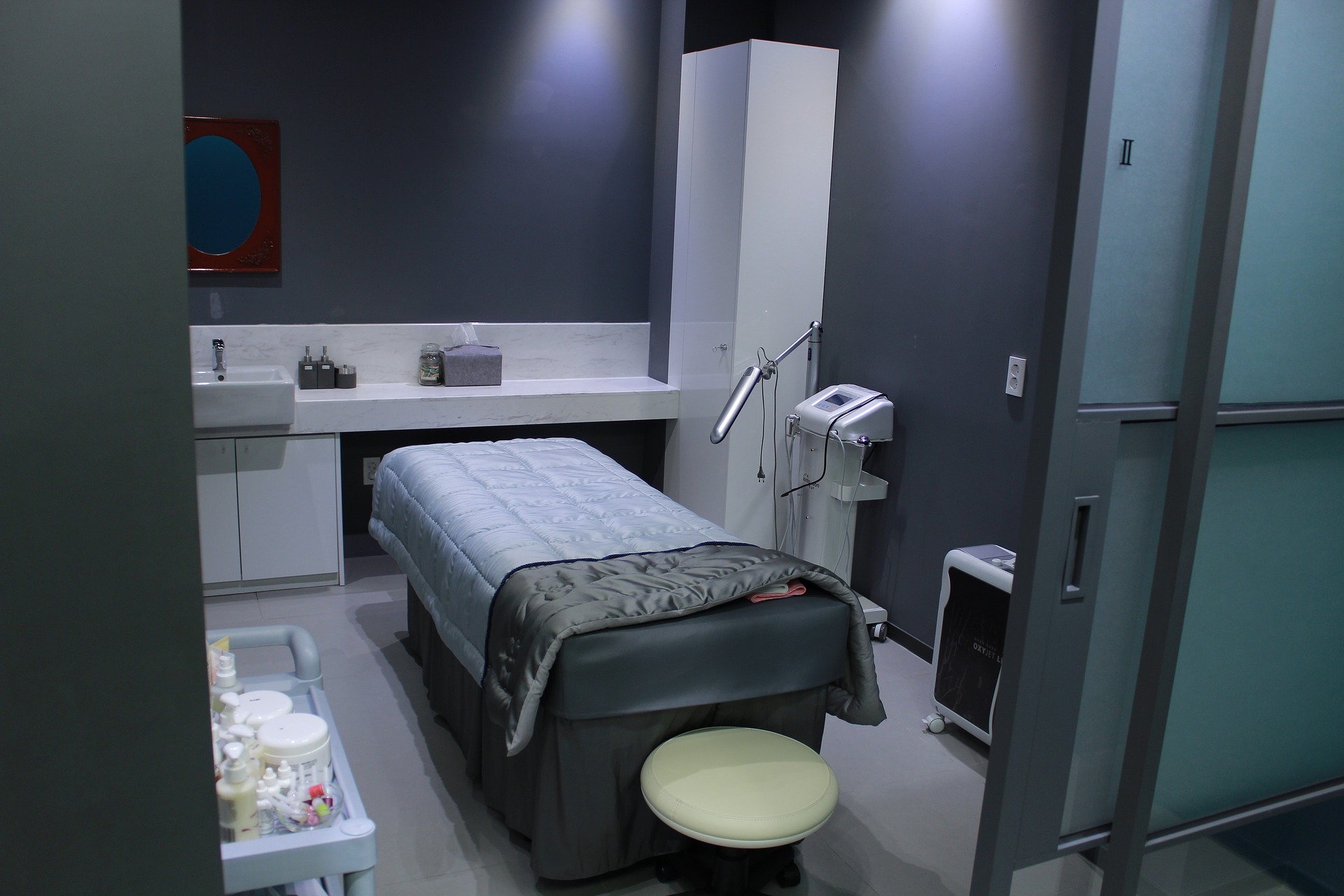Quick Navigation
Many people don’t know that quality sleep is an important aspect of a healthy lifestyle. Many studies have shown sleep helps with:
- Boosting energy levels
- Improving memory
- Regulating moods
- Reducing stress
- Strengthening the immune system
- Battling obesity
- Decreasing risks for cardiovascular diseases
When you get quality sleep at night, you will notice that you are feeling more active in the morning and throughout your day. The body needs sleep for it to get rest. If you don’t get enough sleep, then you are increasing stress to your heart and elevating blood pressure during the day.
How much sleep is needed?
Many studies have shown that you should be getting 7-8 hours of sleep every night, but many experts recommend focusing on the quality of sleep instead of quantity.
Good sleep is about sleeping enough so you can be more effective and feel better the next day. The exact amount of sleep will vary from one person to another. Some can do with less and others need more. A person who can get a sound sleep for five hours will be better than one who gets eight hours but keeps tossing and turning in bed.
With age, it becomes harder to get quality sleep. Pains and aches, stress, trips to the bathroom, medical problems, and interruptions from kids make it harder to get quality sleep at night.
Tips for enjoying a good night’s sleep
Having an occasional sleepless night is normal for most people. If you keep having such nights, then consider using the tips below because they will help you improve your sleeping habits. You are going to get quality sleep by using the following tips;
- Avoid stressful situation or emotional upset before going to bed
- Avoid drinking a lot of alcohol in the evening
- Quit smoking because nicotine is a stimulant. You also need to stop vaping (e-cigarettes)
- Exercise regularly, but you should not do any high-intensity exercises two hours before bedtime. Exercises like aerobics will help you fall asleep faster and get to deeper and more restful sleep.
- Relaxing by taking a bath, reading, or listening to music before bedtime. Sink into a comfortable Burrow Couch and begin your bedtime unwind routine.
- Removing computers, TVs, tablets, and mobile phones from the bedroom. Having such devices in your bedroom will make the brain get used to the stimulation and it expects it when you enter the bedroom. This is going to make it harder for you to fall asleep.
- Your bedroom should be used for only bedroom activities. When you get inside your bad, use relaxation techniques and creative imagery to keep the mind off unrestful thoughts. When awake, avoid staying in bed. Do not go to bed because you are bored.
- Experts advise a lot of caution when it comes to over-the-counter sleep aids. Using sleep aids such as antihistamines is not going to make things better, it just masks the problem. They provide you with a temporary fix that is not going to help you with chronic conditions. Go to your doctor to find the best solution for you.
Author Bio

- She has been analyst, beauty expert, mom of 2, cook, teacher, content writer, and a reviewer with a passion to have a smart home with her husband. She often tests new things and gadgets that come into the market with the help of her team to review items. When she’s not at her computer, you can find her at her kitchen, busy with 2 kids, or maybe on Pinterest @xadiacashif where she likes to share about her lifestyle and work. Alternatively, try her email at xadcash@gmail.com, and she’ll probably shoot you back a list of her favorite and latest gizmos.
Latest entries
 Parenting TipsJanuary 19, 2024Celebrate in Style: Best 100 Days of School T-Shirt Ideas for Every Occasion
Parenting TipsJanuary 19, 2024Celebrate in Style: Best 100 Days of School T-Shirt Ideas for Every Occasion Parenting TipsDecember 20, 2023Nurturing Love: Exploring the Infinite Reasons Why We Cherish Our Children
Parenting TipsDecember 20, 2023Nurturing Love: Exploring the Infinite Reasons Why We Cherish Our Children Parenting TipsNovember 26, 2023Importance of art and craft in child development
Parenting TipsNovember 26, 2023Importance of art and craft in child development Parenting TipsNovember 12, 2023Nurturing Mothers: The Rising Issue of Postpartum Depression and the Vital Role of Self-Care.
Parenting TipsNovember 12, 2023Nurturing Mothers: The Rising Issue of Postpartum Depression and the Vital Role of Self-Care.







